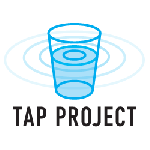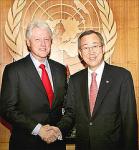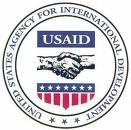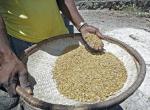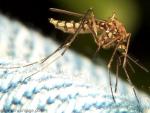The Long Wait: Reproductive Health Care in Haiti
 JSI Research & Training Institute, Inc. is a health research/consulting firm dedicated to improving the health of individuals and communities worldwide. JSI visited Haiti in January 2009 to identify gaps in the availability and accessibility of reproductive health (RH) services and to assess community responses for strengthening quality, accessibility and availability. Reproductive health is a social issue, a public health issue, a human rights issue, a security issue, and one that is important for countries that are fragile, stable, or in Haiti's case, teetering in between. The report is attached and deserves to be widely read.
JSI Research & Training Institute, Inc. is a health research/consulting firm dedicated to improving the health of individuals and communities worldwide. JSI visited Haiti in January 2009 to identify gaps in the availability and accessibility of reproductive health (RH) services and to assess community responses for strengthening quality, accessibility and availability. Reproductive health is a social issue, a public health issue, a human rights issue, a security issue, and one that is important for countries that are fragile, stable, or in Haiti's case, teetering in between. The report is attached and deserves to be widely read.
